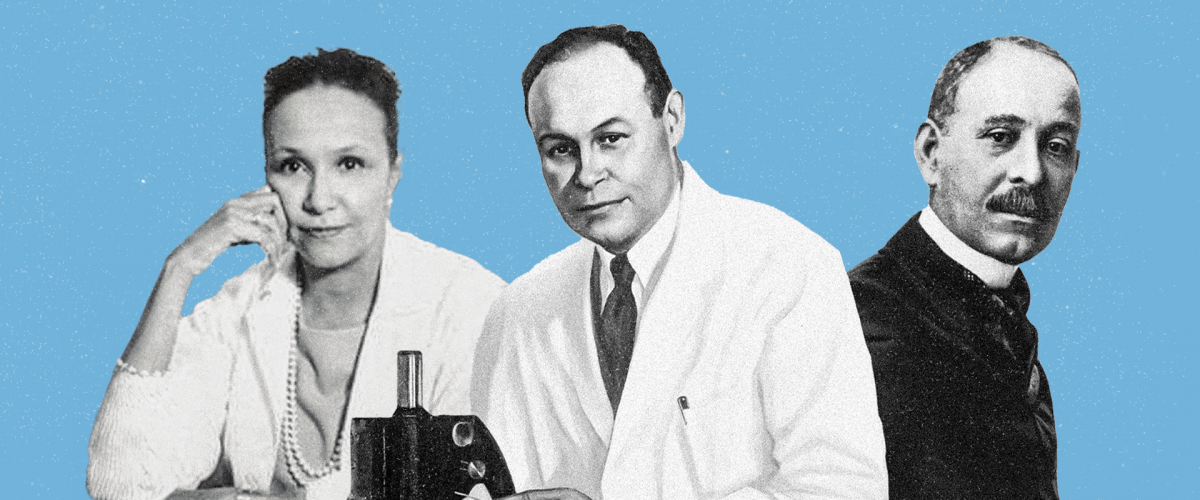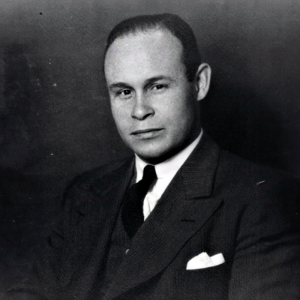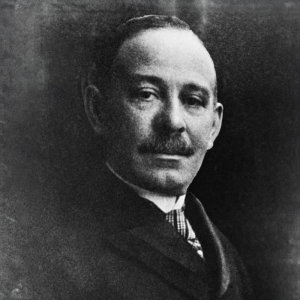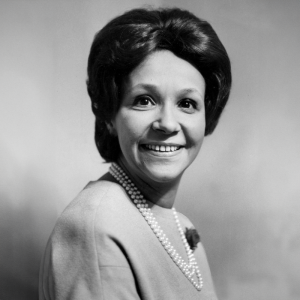This Black History Month, We Are Blood honors the Black and African American pioneers who have impacted both healthcare and blood banking. This February, we highlight Dr. Charles Drew, Dr. Daniel Hale Williams, and Dr. Jane Cooke Wright. Each of whom laid the foundation for improved patient care and opened doors for others in the medical profession.
 Charles Drew
Charles Drew
The Father of Blood Banking
In 1933, Dr. Drew was the first African American to earn a Doctor of Medical Science degree. Using his experience as a physician, a surgeon, and a researcher, Drew identified ways to transport mass quantities of blood products.
His research informed technology and practices used in the nation’s first blood banks and aided the United States during World War II, helping to save hundreds of thousands of soldiers and civilians.
Additionally, Dr. Drew’s efforts to increase the blood supply led to the use of bloodmobiles as well as other collection, preservation and distribution processes that are still used today.
 Daniel Hale Williams
Daniel Hale Williams
A Founder and A First
In 1893, before many of the medicines and tools of modern-day surgery were available, Dr. Williams repaired a severed artery and tear in a patient’s heart caused by a knife wound in a barroom brawl. The surgery was a success, and Williams became known as one of the first doctors to perform a successful heart surgery in the world. Thereafter, he dedicated himself to providing exemplary care for formerly enslaved African Americans and worked to revolutionize surgical techniques, increase specialization, and establish ambulance services.
But Williams’ trailblazing didn’t end there. He founded Provident Hospital and Training School for Nurses, the first Black-owned hospital in America, treating both Black and white patients. In 1895, he helped to organize the National Medical Association for Black professionals. Both organizations provided the opportunity for Black doctors and nurses to practice medicine at a time when most facilities excluded them because of their race.
 Jane Cooke Wright
Jane Cooke Wright
Pioneering Researcher and Scientist
In the 1940’s, Dr. Wright joined her father in the field of cancer research at Harlem Hospital. Her groundbreaking findings laid a foundation for the way chemotherapy treats tumors. In 1951, she and her colleagues had a breakthrough, learning that a drug called Methotrexate was effective in treating breast cancer. The drug is widely used today to treat various cancers.
Determined to make sure her research impacted clinical care, she became one of the founding members of the American Society of Clinical Oncology (ASCO).
She was also the first woman to become president of the New York Cancer Society, and as head of the cancer chemotherapy department at New York Medical College, Wright was named the highest ranked African American woman at a nationally recognized medical institution.
Celebrate With Us
The legacy of each of these individuals as a trailblazer in the medical field has created a ripple effect, providing greater opportunities for aspiring Black medical professionals and helping improve the quality of care and reduce death rates patients of all races and backgrounds. This month, we celebrate these vibrant legacies amongst other Black and African American pioneers not named here.
We encourage our fellow Central Texans to commemorate Black History Month by growing our diverse donor community and scheduling an appointment to donate this February.



 Charles Drew
Charles Drew Daniel Hale Williams
Daniel Hale Williams Jane Cooke Wright
Jane Cooke Wright